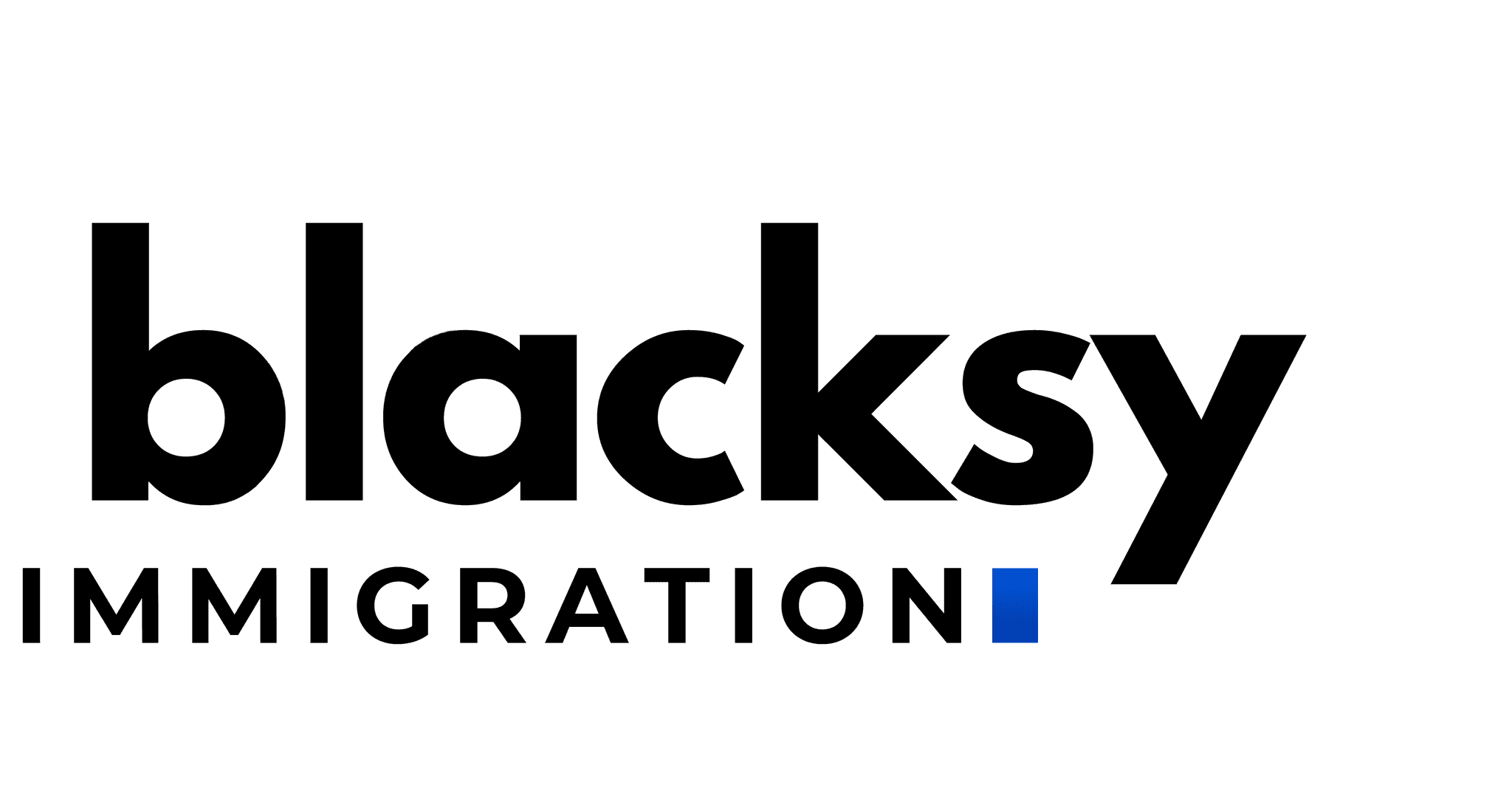Case Law Analysis - Confronting Misrepresentation in Immigration Applications: The Role of Corrections and Due Diligence
Sep 26, 2024

Recent Case Law Analysis on Misrepresentation
In two recent cases, Ganeshalingam v The Minister of Citizenship and Immigration (2024 FC 1437) and Falsafi v The Minister of Citizenship and Immigration (2024 FC 1458), the Federal Court provided critical insights into how misrepresentation in immigration applications is assessed and the responsibility applicants bear for the information submitted. These cases highlight distinct but related issues:
The role of voluntary correction of a false information before it gets caught by immigration authorities, and
The applicant’s responsibility for their consultant's actions.
In Ganeshalingam, the principal applicant had initially failed to disclose a detention in Sri Lanka in his permanent residence application. However, before the scheduled immigration interview, the applicant voluntarily corrected the mistake by informing the visa office about his detention and providing relevant documentation. Despite this correction, the Immigration Appeal Division (IAD) upheld a refusal of his application for misrepresentation under section 40(1)(a) of the Immigration and Refugee Protection Act (IRPA). The Federal Court found the IAD’s decision unreasonable, ruling that the voluntary correction should have been properly considered and that the risk of inducing an error in the administration of the IRPA had not been adequately assessed. The Court emphasized that voluntary disclosure before detection by authorities deserves significant weight in the decision-making process.
In contrast, Falsafi concerned an applicant, who submitted a work permit application supported by a fraudulent Labour Market Impact Assessment (LMIA). Although Mr. Falsafi claimed he was a victim of fraud by his consultant and did not know the LMIA was fake, the immigration officer rejected his application, citing misrepresentation. The processing officer found that the applicant failed to exercise due diligence in verifying the authenticity of the documents submitted. The Federal Court upheld the officer’s decision, emphasizing that applicants are responsible for the accuracy of their submissions, even when relying on third-party consultants.
The Court also reaffirmed that the “honest mistake” defense applies only in truly exceptional cases where the applicant reasonably and honestly believed they were not misrepresenting material facts.
Blacksy's Analysis
These two cases offer a valuable lens through which we can examine the balance between applicants’ responsibility for their submissions and the degree to which immigration authorities should consider corrective actions. At their core, both decisions revolve around the principle that the integrity of the Canadian immigration process must be preserved, but they also highlight nuances in how that integrity should be upheld.
In Ganeshalingam, the key takeaway is that if an applicant identifies an error in their application and proactively corrects it before the authorities detect the mistake, this should be taken into account when assessing inadmissibility for misrepresentation. The IRPA’s purpose is not to penalize honest mistakes that are corrected in good faith but to prevent errors that could disrupt the immigration process. The fact that the applicant in this case disclosed the detention on his own initiative before his interview indicates that he sought to correct his application in a truthful manner, recognizing that honesty is paramount in immigration proceedings. The Federal Court’s decision reflects a more equitable approach to misrepresentation, advocating for a reasonable interpretation of section 40(1)(a) that allows room for honest error correction without automatic punitive consequences.
On the other hand, Falsafi emphasizes the importance of applicants ensuring the accuracy of their submissions, especially when third parties like immigration consultants are involved. This case underscores a critical point: while applicants may hire consultants to assist them with complex immigration processes, they cannot delegate responsibility for their applications entirely. The Court’s rejection of the innocent mistake defense in Falsafi’s case sets a clear boundary—if an applicant does not exercise due diligence, they cannot later claim ignorance when a misrepresentation is discovered. This ruling sends a strong message: hiring a consultant does not absolve an applicant from their duty of care and responsibility over the application they submit.
The linkage between the two cases lies in their treatment of responsibility and the consequences of errors in applications. Both cases deal with the issue of misrepresentation, yet they diverge on how the applicant’s conduct and accountability are assessed. In Ganeshalingam, the applicant corrected the error before it was caught, demonstrating good faith. The lesson here is that authorities must evaluate the timing and manner of error correction and whether the mistake genuinely risked causing an administrative error. In Falsafi, however, the applicant's lack of diligence in reviewing his application was fatal, illustrating that applicants must take an active role in ensuring that the information submitted is accurate and complete.
Together, these cases highlight that while there is space for leniency when an honest mistake is promptly corrected, the immigration system cannot tolerate negligence or a passive approach to submission accuracy. The decisions reflect a balance between upholding the integrity of the immigration process and acknowledging the realities of human error.
Lessons Learned
Voluntary Corrections Matter: The Ganeshalingam case teaches that if an applicant identifies an error and corrects it voluntarily before the authorities detect it, this should mitigate the consequences of misrepresentation. This may protect applicants from being found inadmissible under section 40(1)(a) of the IRPA, provided the error correction does not induce administrative errors in the processing of the application.
Due Diligence is Essential: Falsafi reinforces the critical importance of reviewing every detail of an immigration application, even when a consultant prepares the documents. Applicants must exercise due diligence, as they are ultimately responsible for the contents of their submission. The “innocent mistake” defense applies only in rare and exceptional cases where the applicant had no reasonable way of knowing about the misrepresentation.
Honest Mistakes Are Rarely Excused: The "innocent mistake" defense is available only in truly exceptional circumstances. In most cases, applicants are held accountable for any misrepresentations, regardless of whether they were made by the applicant or a consultant. Applicants should ensure they are fully informed and engaged in the preparation of their applications to avoid any issues of misrepresentation.
Conclusion
Both Ganeshalingam and Falsafi offer essential insights into how Canadian courts and immigration authorities view misrepresentation. The lesson is clear: applicants who correct their mistakes in good faith should be given credit for doing so, but they must also exercise caution and diligence in ensuring the integrity of the information submitted. At the heart of these decisions is the expectation that applicants play an active, honest role in the immigration process, regardless of the complexity of their cases or the involvement of third-party consultants.
If you are dealing with a refusal or a misrepresentation issue in your immigration process, you don't have to navigate it alone. At Blacksy, we specialize in handling complex immigration cases, including those involving misrepresentation. Book a consultation with us today, and let us guide you through the process to finding the best solution for your case.
—o—
About the Author
I’m Ahmet Faruk Ocak, a Canadian immigration lawyer and the founder of Blacksy Immigration Law Firm 🌊.
At Blacksy, we specialize in providing honest, straightforward, and tailored immigration solutions to individuals and businesses worldwide. Our brand promise is simple: no unnecessary fuss, no false hopes, and no empty promises—just realistic, reliable guidance to help you achieve your immigration goals.
Whether you’re expanding your business to Canada, transferring top talent, or planning your future here, we’re here to guide you with precision, transparency, and care.
Visit us at www.blacksyimmigration.com to learn more or to start your journey.
